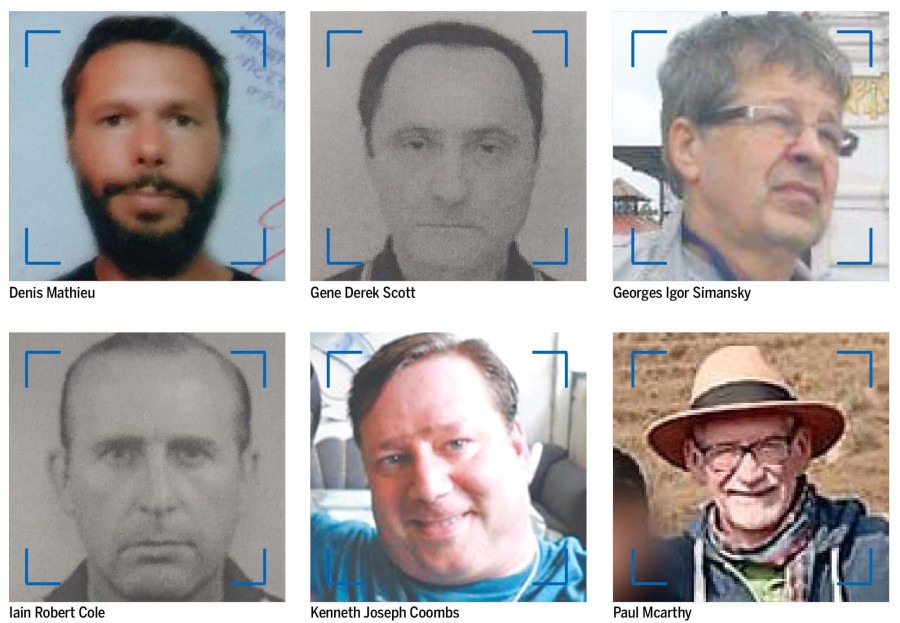Editorial
Predators on the prowl
Child molesters often enter gullible poor countries as aid workers.
There are enough stories in the media that reveal how predators have been using humanitarian employment as a cover for crimes and a vehicle to access vulnerable populations. And over the years, Nepal has come to become a haven for Western paedophiles. To name a few, Kenneth Joseph Coombs, 49, was arrested in September 2016. Paul McCarthy, 52, who volunteered at an orphanage in Nepal, was arrested in 2018 on charges of possessing child pornography and luring a child. According to data from the Nepal Police, five people were handed sentences in the past three years, eight are currently in custody, and 14 were arrested in the past three years. With 19 cases currently under investigation, the string of reported cases is extensive. What’s more, experts say many others remain under the radar in Nepal and continue to harm children without facing repercussions.
Read: Under the guise of humanitarian aid, high-profile paedophiles are abusing Nepali children
While each case is chequered with its own horrifying details, a common unifying thread between them is that many of those arrested on paedophilia charges already hold extensive histories of abuse against minors in their home countries. If our Immigration Department had required police clearance for all tourists entering the country, many of these cases could have been avoided. Child abuse and child rape are the worst of crimes, but predatory paedophiles often take advantage of lax visa regulations. They often access vulnerable children through various unmonitored humanitarian avenues wherein paedophiles from around the world have made Nepal a common destination.
Paedophilia is a crime that has been spreading, mostly in the developing countries where there are many aid workers, such as in Congo, Haiti, Kenya and so on. It is also a billion-dollar industry that thrives hugely in the dark and deep web, coexisting alongside drug and human trafficking where children are traded as a commodity. To add to that, sexually abused children have to cope with physical injuries and everlasting psychological and emotional trauma.
Read: Man held in Canada for paedophilia charge in Nepal
The problem with authorities in Nepal is a perception that brands all foreigners—especially white men—as aid workers here for benevolent purposes without adhering much to monitoring their activities in the country or even doing a strict background check before allowing them to serve any supposed humanitarian purpose in Nepal. To stop such incidents from happening again, child-related charities must have an obligation to prevent, detect and prosecute predatory paedophiles who join their networks. What’s more, the attitudes towards foreigners need to change, too. The passive and unquestioning attitude of the authorities concerned must change too.
Read: CIB arrests British man over paedophile case
Tourism is one of the mainstays of Nepal’s economy and atitihi devo bhawa (Sanskrit for 'guests are like gods') has long been our mantra. But perpetuating an image of being a welcoming and hospitable country with easy entry should not come at the cost of protecting Nepal’s vulnerable children.
***
What do you think?
Dear reader, we’d like to hear from you. We regularly publish letters to the editor on contemporary issues or direct responses to something the Post has recently published. Please send your letters to [email protected] with "Letter to the Editor" in the subject line. Please include your name, location, and a contact address so one of our editors can reach out to you.




 9.89°C Kathmandu
9.89°C Kathmandu














